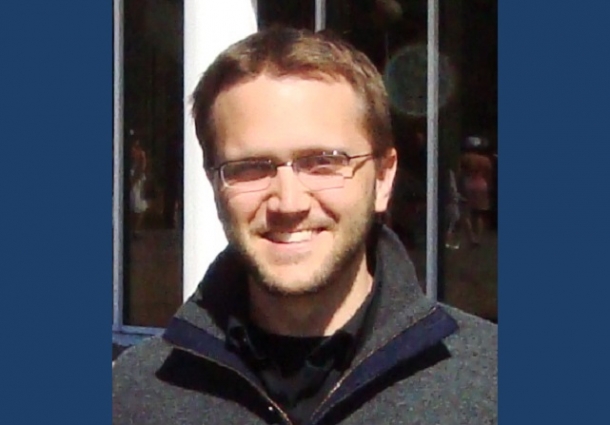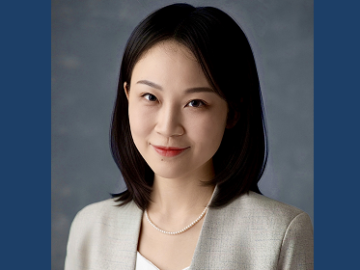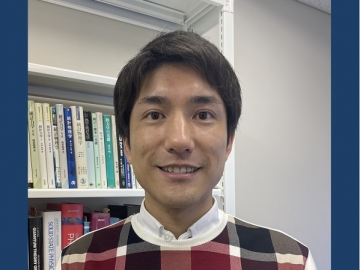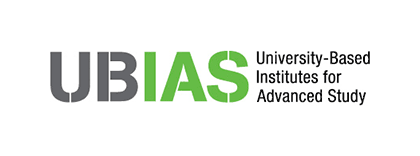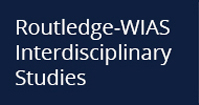Promises and pitfalls
My field of applied studies is education and education policy, informed by my background in teaching. I’ve been bringing frameworks from outside, drawing on political economy, international relations, and sociology to try to understand education reform in a global context.
This field of global education policy studies has emerged in the last 25 years or so. I have been building on some of the foundational works in that area to try to understand how education reform happens, with a focus on Latin America and Southeast Asia, where I’ve been working for the last 15 years.
More specifically, I’m trying to understand the role of international organizations in what could be called “global governance.” I want to understand how these different organizations work at the global, national, and local levels, how they are interrelated, and how in the context of globalization, nation states don’t engage in reforms in an isolated fashion anymore. These reform processes are now influenced and affected by super-national or international actors.
Wider dynamics
These kinds of dynamics are not exclusive to the field of education — organizations in health and communications policy and other kinds of other fields are also looking at these things.
I’m looking at the role of international large-scale assessments in education reform in Honduras and Cambodia, and specifically a particular kind of assessment known as PISA, the Program for International Student Assessment, which in the past 25 years or so has been advanced by the Organization for Economic Cooperation and Development (OECD).
Engaging with the OECD can be an arduous process for middle- and low-income countries because there are certain requirements in terms of capacity, financing, and technical aspects.
So one of the things I’m interested in is, what are the direct and indirect costs and consequences of engaging with the OECD? Because not only are there costs in the sense of personnel and financial requirements, but the ideology of the OECD can influence education reform more broadly, and the results of these tests are used to compare countries. There can be a lot of media attention and the OECD and other organizations can use the results of the tests to argue for various kinds of reforms.
Reform industry
There’s a whole reform industry around the world and, by virtue of participating in PISA, you become involved in that industry and more closely associated with some of the key organizational actors. My current project at WIAS, “Global Organizations and International Large-Scale Assessments in Developing Countries,” looks at some of the downstream potential effects of engaging with these organizations.
One potential downside of PISA is that it can lead to a de-emphasis on other areas of education that are not being measured. The OECD has a particular worldview, mission, and purpose. They think of education primarily in terms of its connection to the economy, and their goal is to help “improve” education in order to help grow the national economy. This usually means an emphasis on science, technology, and math, often to the detriment of other, non-measured areas, such as history and culture, etc.
Going forward, I will be expanding this research. I’m interested to see how in the context of the COVID pandemic different education systems have developed and implemented their responses to the crisis.
Longstanding interest
I have a longstanding interest in education policy matters. I started out studying finance and Latin American studies. When I was an undergraduate, I traveled to Spain and Italy and then I did an internship. I’m from Washington, D.C., and I went to Nicaragua one summer for an internship, working with a microfinance organization. I lived with a host family in a very poor area in the capital region. That experience was eye-opening and transformative for me. Because I’d been to Europe, I thought to myself, how and why could things be so different in Central America?
Then I graduated and became a high school teacher in Philadelphia, also in a very poor neighborhood. That was also really transformative, and I saw connections between my experiences in Nicaragua and in Philadelphia. As a teacher, I saw that the challenges I was facing in my classroom were not a function of me not trying hard enough — the city of Philadelphia was facing systemic challenges. This inspired me to study the issues further, and so I did a master’s degree at the University of Pennsylvania.
When I was a Ph.D. student at the University of Maryland, I volunteered to be a research assistant for a project and so for a couple of years before I graduated I went to Cambodia in the summers. I was just interested in getting research experience and it sounded interesting. I helped the team with some literature review and they invited me to participate in data collection in Cambodia, and I became a member of the core team. One member was a professor at Sophia University, and he mentioned the Japan Society for the Promotion of Science (JSPS) postdoc. So I moved to Japan and worked at the University of Tokyo helping produce an edited volume about our study, “The Political Economy of Schooling in Cambodia.” Ever since I’ve had one foot in Southeast Asia and one foot in Latin America. I landed a job as a faculty member back in Philadelphia at Drexel University, another at the University of Hawaii, and then back to Japan.
I’ve had opportunities to collaborate with excellent friends and colleagues on a number of projects in the last 10 years.
My current work utilizes all the areas of my experience and educational interests — high school teaching, and my undergrad in international business, Spanish, and Latin American studies.
Life in Japan
I’m really glad to be back in Japan. I moved back a year ago with my wife and kids. This time it could be quite a bit longer, as my wife also has a job here, as a tenure track assistant professor at Soka University. So we’re here as a family, which is wonderful.
取材・構成:Robert Cameron
協力:早稲田大学大学院政治学研究科J-School

